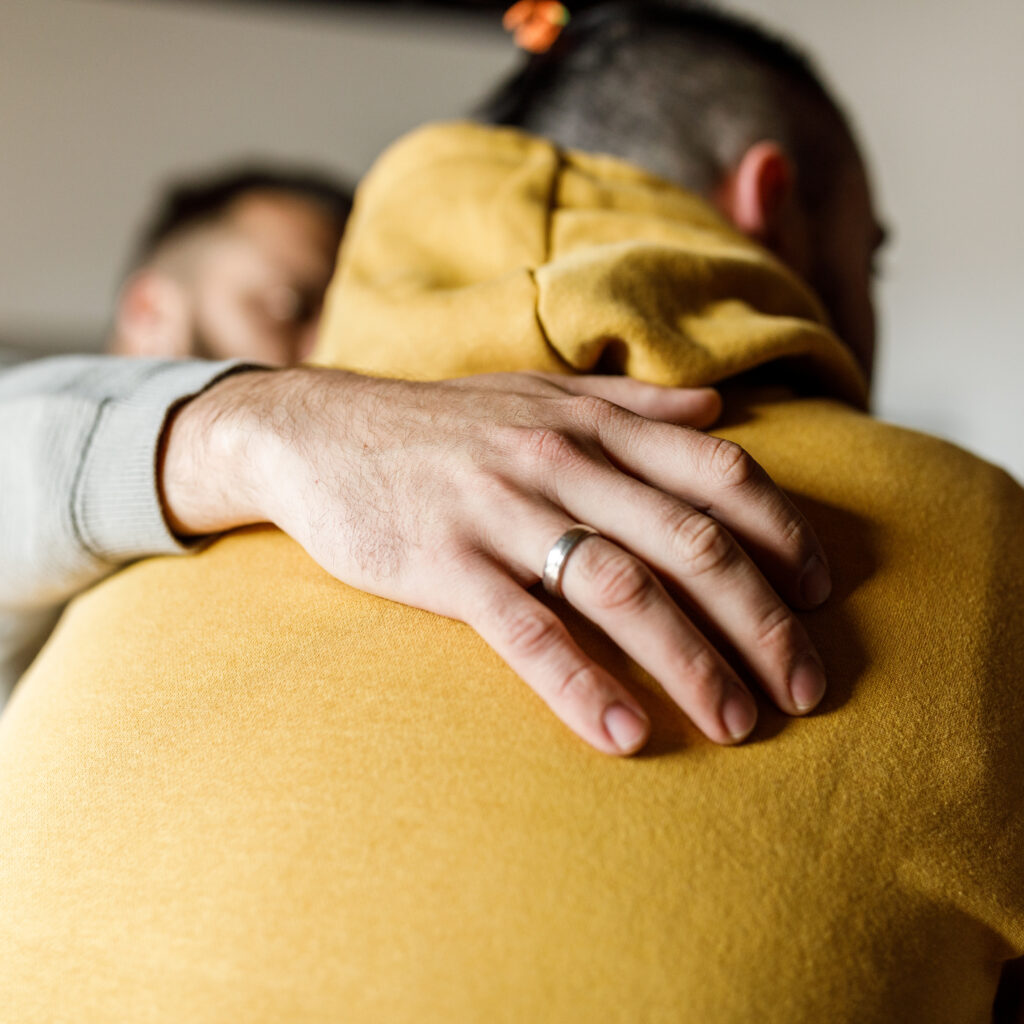The State of Men’s Mental Health is Changing For the Better, CSUN Prof Says

Media Contact: Javier Rojas, javier.rojas@csun.edu, (818) 677-2130
As more men struggle with feelings of isolation and depression, some are finding support and community after years of resistance, according to Mark Stevens, a professor of educational psychology and counseling studies at California State University, Northridge.
“For as long as I could remember, guys would simply be reluctant to even say the phrase ‘I’m depressed,’” Stevens said. “However, more recently, there’s been a shift in how men think and talk about their feelings.”
While mental health issues aren’t exclusive to just men, the effects on men can be especially difficult to address due to gender-based stigma, Steven said.
Over the past decade, conversations regarding men’s mental health have become prevalent as more men come to terms with the fact that they need to seek some sort of help, said Stevens, who has run a psychotherapy process group for men for the last 15 years.
“More men are going to psychotherapy than ever before and not just because it’s easy for guys to do. There’s still quite a bit of resistance, but they are coming in more frequently than before,” Stevens said. “What’s helped is that there have been some strong campaigns from professional athletes that have dealt depression or anxiety, which opens the doors for men who may not want to admit that they’re struggling with some mental health issues. This gives them a little permission to be able to go in and talk with a counselor.”
The way men view themselves has also changed in recent years as more of them challenge traditional views of male masculinity, Stevens said.
“Men are supposed to be strong and you don’t admit when you have vulnerability because it’s a sign of ‘weakness,’ that was the way of thinking for years,” Stevens said. “When you think about going to seek therapy, it’s sort of the opposite of what traditional guys are supposed to do. They’re afraid that they’re going to be seen as weak.
“But the way men today view masculinity is a little bit different than before,” he continued. “You don’t have to be the strong silent type anymore and sometimes it just takes one other guy to sort of break the ice and ask, ‘how are you doing? or ‘how are you feeling?’ “
One issue that gained attention is male loneliness, which was exacerbated when the COVID-19 pandemic changed social habits. A key component of the nation’s ongoing loneliness epidemic was the decline of so-called “third places” — spaces outside of home, school and work where people can meet and connect.
Roughly one in seven men say they have no close friends, according to data from the Survey Center on American Life.
However, there have been concerted efforts to create awareness and find solutions, Stevens said, that will help future generations reshape the way men’s mental health is discussed.
“I’ve seen things like men’s retreats, religious-oriented groups and running clubs for men and led by men. All these social interactions and connections are good for their brains, hearts and nervous systems,” Stevens said. “It’s good to feel like we belong to part of something and there’s a lot of healthy human connection when we do these things that are more powerful than any medicine out there.”
The post The State of Men’s Mental Health is Changing For the Better, CSUN Prof Says first appeared on CSUN Newsroom.






